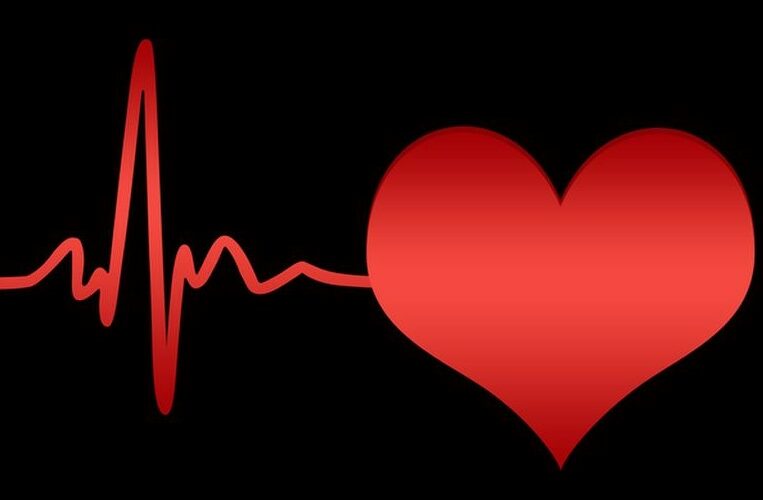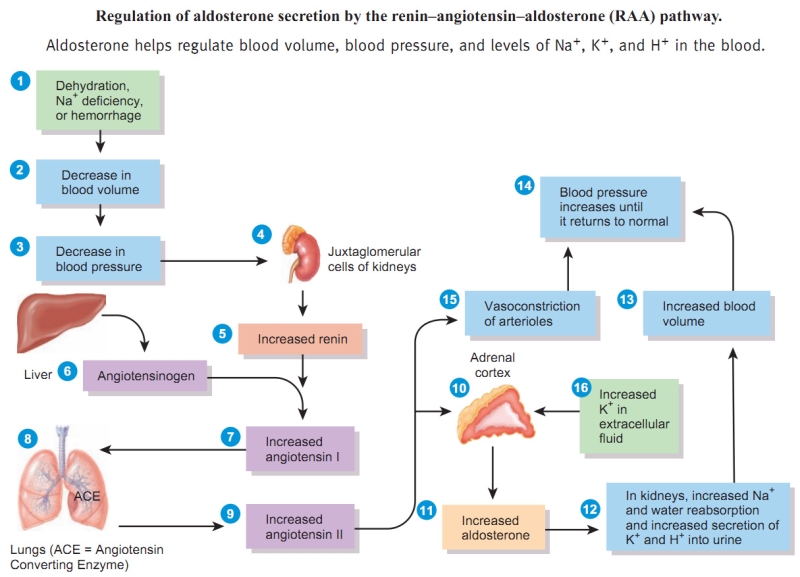The Silent Killer

Hypertension is very common in our world today, with around 1 billion people affected by it, but how much do you know about it? Your circulatory system has a hard job, constantly pumping blood from your heart through thousands of miles of intricate blood vessels; delivering oxygen to every corner of your body through your arteries and collecting carbon dioxide through your veins for removal. In order to send this blood all the way from your heart to your toes, the heart contracts. This causes your oxygenated blood, freshly collected from the lungs, to be pumped through the arteries all over the body. This pumping action is so strong that with one pump, the blood reaches every part of the body. This gives you an idea of the enormous pressure exerted on the walls of your arteries: this is known as systolic pressure. When the heart relaxes, the pressure automatically decreases in your arteries: this is diastolic pressure. You can read more on the circulatory system here1.
The optimum blood pressure is considered to be 120 mmHg for systolic and 80mmHg for diastolic pressure, simply written as 120/80 mmHg, however, this is just an average. Blood pressure varies from person to person and can be affected by environmental and genetic factors.2. Hypertension is when your blood pressure never falls below 140/90 mmHg.You can imagine the enormous pressures that are being exerted on the arteries in people who have high blood pressure. If left untreated, hypertension can damage blood vessels and highly vascularised organs such as the heart, eyes and kidneys. It is so severe that the mortality rate attributed to hypertension alone is 9.5 million deaths per year world-wide 3.
What causes this uncontrolled high blood pressure??
Hypertension can be caused by poor lifestyle, genetic variants or maybe as a consequence of another condition (secondary hypertension). Most of the genetic causes are attributed to genes that control the ‘renin-angiotensin-aldosterone system’. Renin is a protein made by your kidney cells. Usually, when your blood pressure drops, your kidneys release renin. In the presence of renin, another protein called angiotensinogen, secreted by your liver, is converted to angiotensin I. Then, an enzyme called ACE (or Angiotensin Converting Enzyme) converts this to angiotensin II. Angiotensin II constricts the blood vessels thereby increasing the pressure inside them. It also interacts with another hormone called aldosterone causing your nephrons (functional units of your kidneys) to absorb more water – hence, your blood volume increases which in turn increases the pressure in your blood. The release of aldosterone also causes retention of salt in your blood. In hypertension, this process happens out of the blue and all the time, but the symptoms are not obvious until it starts damaging your organs. 4 5. Even though most of the genetic causes are attributed to variations in the genes controlling the renin-angiotensin-aldosterone system, there are many other possible candidate genes currently under study.

The Renin-Angiotensin-Aldosterone system explained. Credits: http://www.lookfordiagnosis.com/mesh_info.php?term=Renin&lang=6
The malfunction of the renin-angiotensin-aldosterone system is just one of the many causes of hypertension. Your sympathetic nervous system activity, structure of your blood vessels, blood salt levels and many other systems are also responsible for increasing your blood pressure. Even your stress level, salt intake, gender, and exercise can lead to changes in your blood pressure. You can read about it here6. These reasons are just for starters as there are many more factors that can affect your blood pressure.
The good news is that hypertension is treatable and awareness of it is important, because if left untreated, it can lead to heart attacks and enlargement of your heart (ventricular hypertrophy) which ultimately leads to heart failure. It also causes certain weak areas of your blood vessels to bulge out like a balloon, potentially leading to an aneurysm. This can be very damaging especially in the case of cerebral aneurysms that can cause haemmorhagic stroke, permanent brain damage and even death7 8 9 Hypertension can also lead to kidney faliure, blindness and cognitive impairment including dementia. Because of these risks, it is important to know exactly what happens to your body when you have high blood pressure, and its effects if left untreated. If we do not understand this condition, the importance of treating it and raising awareness can never be understood.
World Hypertension Week
As every year, May 17th marked the start of World Hypertension week. This year’s theme was ‘Know your numbers’, an initiative to raise awareness on high blood pressure. The British Heart Foundation (BHF) in collaboration with the University of Glasgow conducted a blood pressure measuring drive. Volunteers from the BHF and NHS nurses joined forces and helped measure the blood pressure of 200 adults at the One A Square cafe at the University of Glasgow. The astonishing and important observation was that a quarter of the adults whom volunteered had high blood pressure and most were not even aware of it. If more awareness is raised and the implications of hypertension is highlighted, this global problem can be kept under check.
References
- http://www.healthline.com/human-body-maps/circulatory-system
- http://www.webmd.boots.com/hypertension-high-blood-pressure/guide/diastolic-systolic
- http://www.who.int/cardiovascular_diseases/publications/global_brief_hypertension/en/
- http://www.ncbi.nlm.nih.gov/pmc/articles/PMC2828938/
- http://circres.ahajournals.org/content/116/6/960.full
- https://www.kidney.org/atoz/content/hbcauses
- http://www.strokeassociation.org/STROKEORG/AboutStroke/TypesofStroke/HemorrhagicBleeds/What-You-Should-Know-About-Cerebral-Aneurysms_UCM_310103_Article.jsp#.V0Q9RpErKhc
- http://www.who.int/features/qa/82/en
- http://www.world-heart-federation.org/cardiovascular-health/cardiovascular-disease-risk-factors/hypertension/











This article is really good 🙂